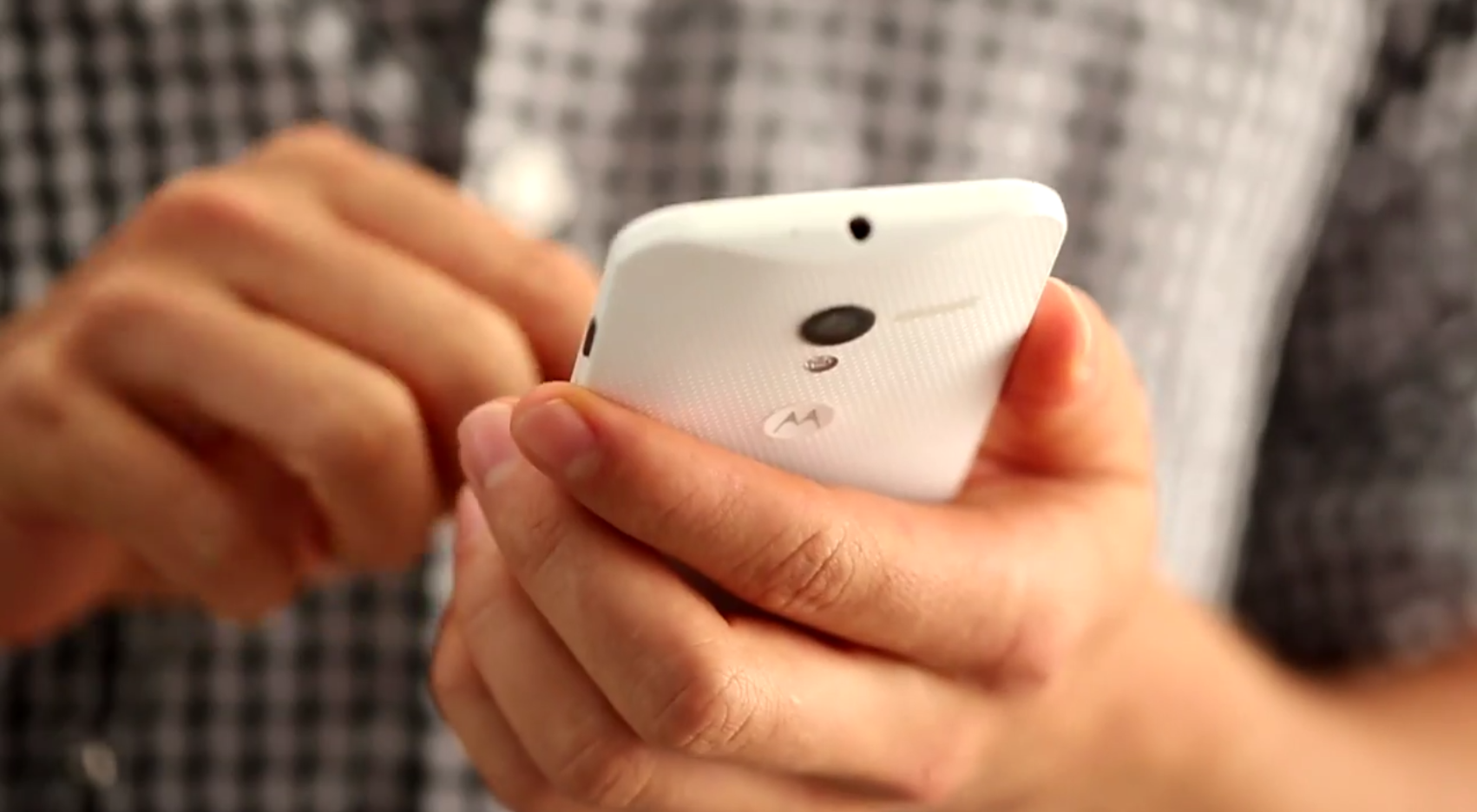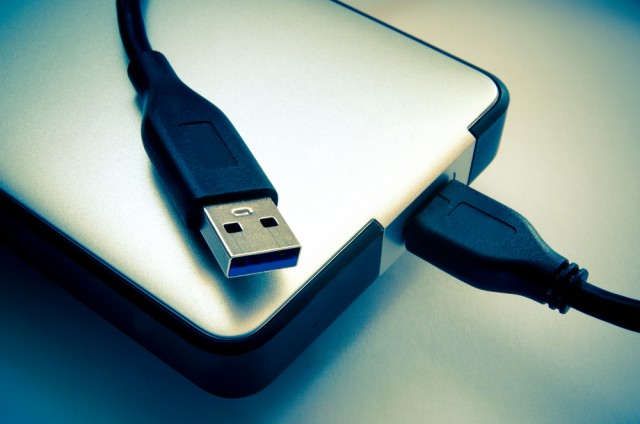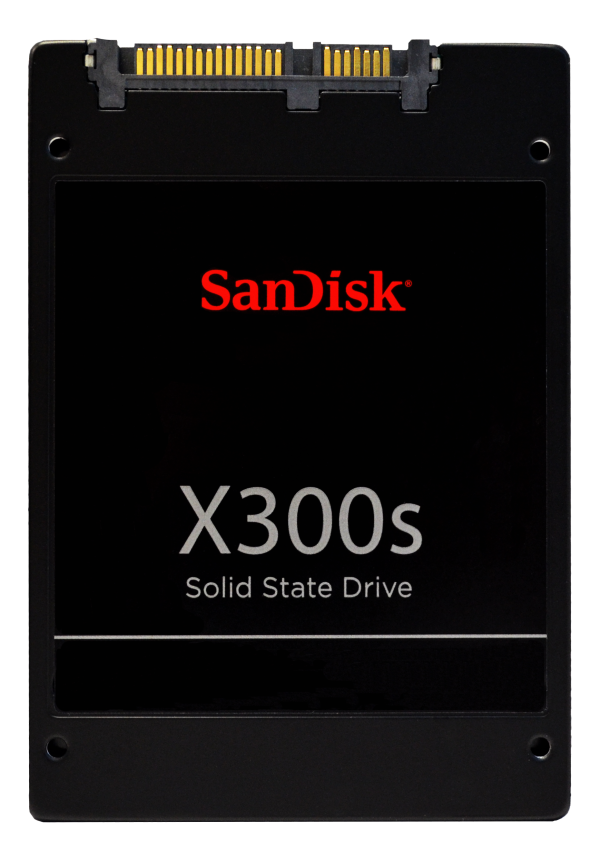
CloudPhysics helps deliver reliable storage for virtual data centers
Storage is often at the heart of many of the problems companies encounter when running their data centers in the cloud.
Analytics specialist CloudPhysics is looking to help admins pinpoint and resolve storage-related issues with a new Storage Analytics product. This uses big data analysis techniques to predict problems and issue Smart Alerts so that issues can be fixed before they become critical.

Amazon takes on Apple and Google with Fire phone
Amazon today unveiled the latest entrant to the smartphone race -- the Fire phone. The handset continues the Fire name that is more readily associated with Amazon's range of Android tablets, and it has a few tricks up its sleeve to make it stand out from the competition. A press event in Seattle brought to an end weeks of rumor and speculation as the phone, which features Dynamic Perspective that allows for maps and other images to be displayed in three dimensions, was revealed.
Run by four ultra-low power specialized cameras and four infrared LEDs, Dynamic Perspective has numerous uses. One application makes it possible for users to gain a different perspective on an image or object on screen by moving their heads. In games, a move of the head can be used to switch views, and there is scope for unique navigation options within apps. Some applications are slightly simpler, and mimic those found in other handsets such as Samsung's Galaxy range. For example, auto-scroll allows for easy reading of lengthy documents and web pages without the need for swiping.

4G LTE Motorola Moto G available now in US
In Mid-May, Motorola made the entry-level Moto G Android smartphone even more appealing to consumers on a budget by announcing the still-affordable 4G LTE-toting model. The faster cellular connectivity has been an oft-requested feature as more and more mobile operators roll out compatible networks across the globe.
This enables subscribers to experience faster data speeds, leading to an improved experience when it comes to things like web browsing and video streaming. Costing just $219, the 4G LTE Moto G is now ready to offer these kind of benefits to a large pool of potential buyers, as it goes on sale in US.

Box wants IT to be more user-focused
Companies must think more about end users and the way technology is used in terms of the cloud and mobile or risk the failure of projects according to one prominent cloud storage firm.
Box gathered together a range of different technology CEOs and IT executives to discuss how to put user requirements at the centre of planning and design with a list of principles already out there forming a model that will "lead to higher adoption, agility, and success" for organizations.

Memorable tech gifts for Father's Day
On Sunday, June 15, fathers across the world will be ripping off reams of wrapping paper in the hopes of finding a present that isn't a watch, a tie or a pair of socks.
This year, give dear old Dad something different -- to help you out, we've had a quick brainstorm and come up with a shortlist of a high-tech gift ideas we think he'll love.

Storage galore -- Motorola introduces 64 GB Moto X
With lots of apps and games coming in respectable sizes, those who are looking to buy a new smartphone have to pay close attention to the amount of available out-of-the-box storage, as otherwise they quickly risk running out of space. A microSD card can do the trick, but a slot is not offered on all smartphones. So what can you do?
Motorola believes that the best approach in the case of the Moto X is to increase the amount of internal storage. Considering the company introduced the Moto G with a microSD card slot not too long ago, this appears to be a strange call.

Canon launches Irista photo cloud storage locker
There are no shortage of options nowadays for storing photos. You can turn to physical media, like external HDDs, general-purpose cloud services, like Dropbox, Google Drive and OneDrive, and specialized services, like Flickr. Physical media usually offers higher storage capacities, but cloud services are more easily-available.
I prefer a combination of the two, uploading photos snapped with my smartphone in the cloud and keeping photos taken with my DSLR on a NAS (Network Attached Storage). Why? Because smartphone photos are small in size, which allows me to store plenty of them on a free cloud storage plan, while DSLR photos are huge, by comparison, as I only shoot RAW, which is where a large HDD comes in. (I might move most of them to Flickr one day though, as 1 TB for free is enticing.) But, if you want to go all-in on cloud storage for photos, Canon just unveiled its own dedicated service, called Irista, which warrants some attention.

Many security experts do not encrypt storage devices
New research has found that half of security professionals don't bother to secure data on portable devices.
The findings, uncovered by an iStorage survey which questioned 500 attendees at Infosec 2014, revealed that 50 per cent of security pros don't bother with security measures or encryption when it comes to data on USB sticks or portable hard drives.

Mixed messages from the personal and entry level storage market
In the first quarter of 2014 the worldwide market for personal and entry-level storage declined by 6.9 percent, according to IDC's storage tracker.
It's not all bad news though, the entry-level segment which targets mainly home office and small business users experienced 14 percent growth compared to the same quarter last year.

Self-encrypting solid state drive helps protect corporate data
Mobile workforces and a changing threat landscape means that corporate data is more at risk than ever before.
A study last year by research specialist Forrester shows that 32 percent of all data breaches were due to the loss or theft of corporate laptops. In addition between June 2012 and June 2013, business travelers lost over 10,000 laptops, smartphones, tablets and other personal electronic devices in seven of the world's largest airports.

Microsoft gives OneDrive for Business users 40 times more storage space
Free storage space is very common, and it's available from the likes of Dropbox, Google and countless others. Microsoft's OneDrive also gives users a certain amount of free online storage space, and today business users receive a massive boost -- a forty-fold increase in capacity. OneDrive for Business storage is being boosted from 25GB to 1TB per user, and the same is true for Office 365 ProPlus customers.
Microsoft is putting ever-increasing faith in the cloud, particularly for its business users. "The cloud is about breaking down walls between people and information. Not building a new set of islands in the sky", states the Office blog. There's a third announcement too: "we’ll help organizations migrate data to OneDrive for Business". It's not quite clear exactly what this entails, but it certainly sounds good for anyone who has their data hosted elsewhere.

Dropbox befriends businesses, announces Carousel
Cloud storage service Dropbox has officially announced the public availability of Dropbox for Business, a new product designed to boost the company's penetration in the enterprise cloud storage market. There, it will go against existing offerings from competing services like Box.
Dropbox for Business is designed to appeal to both enterprises and their employees, so it will give enrolled users the option to switch between work and personal content. Administrators will be able to have better control over company data, according to Dropbox, with the help of features like remote wipe, account transfer and audit log sharing, which allow them to keep track of data stored in Dropbox's cloud.

AMI StorTrends launches new infrastructure assessment tool
Buying storage used to be a case of simply deciding how much space you needed, but these days it's much more complicated.
Making the wrong storage choices can impact on the performance of your entire IT infrastructure. To help with the problem American Megatrends (AMI) is launching a new tool, StorTrends iDATA, to provide admins with an accurate assessment of performance, capacity and throughput requirements.

How to create a bootable Windows 8.1 Update USB drive
Even though Windows 8.1 has been designed to work fine on touch-enabled devices as well as traditional PCs, many argued that Microsoft was still not doing enough to please those who are exclusively relying on a keyboard and mouse to navigate through the operating system. Luckily for them, Microsoft has listened to user feedback and introduced Windows 8.1 Update, during the latest Build conference.
Microsoft has revealed that Windows 8.1 Update -- well, the Update bit anyway -- will roll out to consumers starting April 8. The refreshed operating system as well as the individual update are already available though, to MSDN and TechNet subscribers. Here is how you can create a bootable Windows 8.1 Update USB drive.

Much ado about nothing -- Dropbox quells fears of file snooping on users
Throughout today I have watched, with a sort of detached fascination, the attention suddenly being heaped upon cloud storage service Dropbox. It is certainly not the sort of publicity a company wants, either. It also is unwarranted. The company, at least by some outlets, is being accused of policing users' personal files in a search for copyrighted material.
The fact is, this all came about based on a tweet from one lone user, who was simply mentioning a system that was already in place, and has been for some time. Darrell Whitelaw, the user at the center of this, was only asking a question, not accusing the service of anything.
